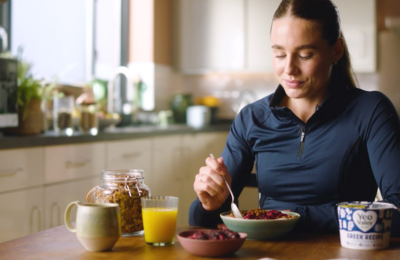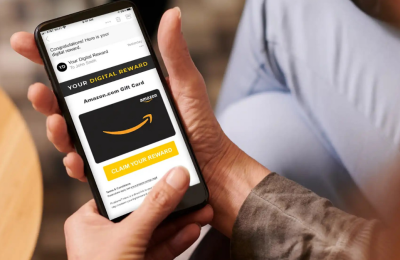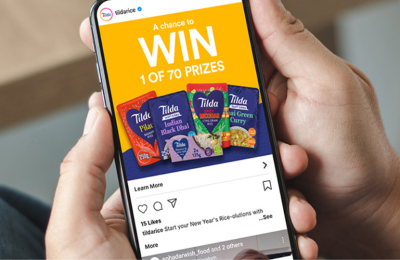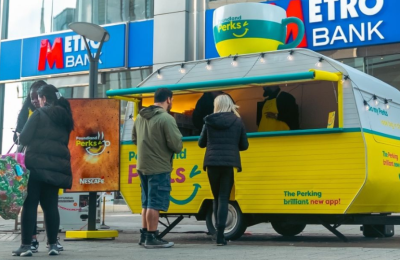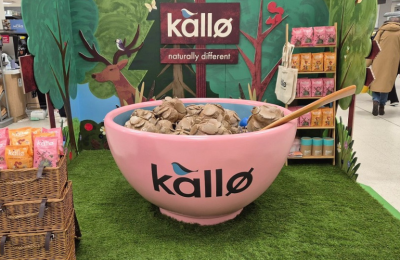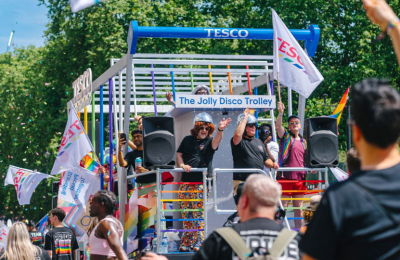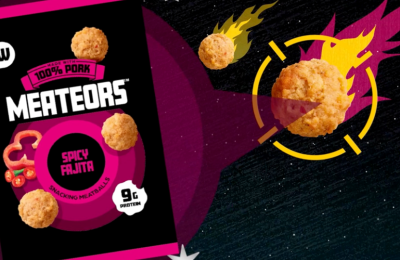Maria Sze, Managing Director at whynot! thinkpeople, has some advice for independent retailers on how to survive and prosper
I love my local shop.
Apart from stocking the essentials I’ve run out of, or the ingredients I’ve forgotten, it’s got a whole fridge dedicated to cheese and last Easter they had amazing hot cross buns with dark chocolate chips in them.
What’s more, I know the people who run it – they own it, they work hard, their kids go to the same school as my kids – so I like to support them.
With 30% growth predicted over the next five years and 78% of UK shoppers ‘mostly using’ convenience for their grocery shop, it appears that I’m not alone. It’s easier to manage your budget, it reduces food waste, the opening hours are much better suited to our busy lives… it’s simply more convenient for us.
The multiples have caught on to the opportunity. The heady combination of the business gains coupled with the chance to rebuild some local trust and engagement has seen a ‘space race’ with multiple-owned convenience stores delivering the largest increase in numbers (+10.6% YOY).
However, despite what appears to be an invasion of Sainsbury Locals and Tesco Express formats popping up in a town near you, multiples actually represent less than one in 10 of all convenience stores.
But are all convenience stores delivering for us?
From a shopper point of view, overall satisfaction is still an issue. The key driver – location – can only sustain you so long. The biggest challenges remain around price, range and layout. So what do independent convenience stores need to do to survive and grow?
3 things independent convenience stores can do
1 Solve and serve your shoppers. Get under the skin of why shoppers are in store; understand their missions; and merchandise to meet the shopper need. Above all, make sure your food to go offer is right. If it’s food for tonight, don’t slavishly merchandise to reflect category ranging – that helps nobody. Instead, merchandise multiple categories together to make it easy for them to pick up everything in one go. Putting ambient, vegetables and chilled together might not feel natural but it helps provide a swift solution. Suggest and upsell – having dinner tonight? Perhaps try this starter, dessert or wine? Support, enable and enhance their everyday lifestyle.
2 Push your local credentials. You’ll never compete with the multiples on their terms. Instead build a reputation around community spirit and local quality. Some local independents have delivered this by working in partnership with other local businesses and producers e.g. butchers, green grocers, florists. As small business owners catering to the same local catchment, you are stronger against the multiples when you work together AND your opening hours provide more opportunities for them e.g. fresh flower display on Sundays when the florist is closed.
3 In store excellence. Clear away the crap, take down the day-glow hand-written signs and make sure that your store is well stocked, well presented, easy to navigate and swift to serve. Consider ways to elevate your produce to suggest freshness and quality. Are there cues from farmers markets that might work e.g. blackboard signs and wicker baskets?
How can brands get more involved and benefit from the convenience boom?
Because of their fragmented infrastructure and sketchy retail compliance, many brands struggle to engage with convenience store formats. However, convenience provides a unique brand experience opportunity, as the shopper is often a consumer looking to make a purchase to consume now. Are most brands missing an opportunity to engage with the end consumer at that moment of truth? For brands that are prepared to commit, the rewards are worth it.
A confectionery brand I worked with recently saw their product return to growth for the first time in 10 years, driven by a successful focus on supporting convenience. This improved their prominence within the category, drove growth with younger consumers and helped them step away from a damaging cycle of multiple pack discounting within the multiple grocers.
3 things brands can do to win in the convenience channel:
1 View it as a longer journey. Unlike shopper activation in grocery, the rewards may take longer to deliver in convenience. Instead of thinking campaign planning by brand, start thinking long-term (years not months) portfolio investments.
2 Help them deliver local resonance for their community. Most C space owners/managers have no time for local marketing but have an appetite to engage. Providing meaningful tools and inspiration to help them build their local market share and engage with local consumers can transform your trading relationship.
3 Help them deliver in store excellence. Schemes like Heineken Star Retailer have really helped retailers with useful product information and merchandising guidance. It’s a perfect win-win. The retailer grows their category and profits whilst the brand secures prominence of display and gains the retailer’s trust.
My local shop brings out something almost patriotic and protective in me. It’s more than some faceless façade run by fat cats – these are real people and, by supporting them, I’m putting money back into my community.
Shopping there makes me feel better about me.
If they gave me a free sample of something it would feel personal, not some mass commercial push. In a world of cynicism and disillusionment, this is marketing gold dust.
Wouldn’t it be amazing if more brand spend started landing there? Smarter signage, more of the products you expect and need, when you need them. Perhaps some seasonal food and wine tastings for regular customers… and if it meant more of those hot cross buns with the chocolate chips in them, I’d be first in the queue.
Maria Sze is Managing Director at integrated marketing and shopper agency whynot! thinkpeople.

